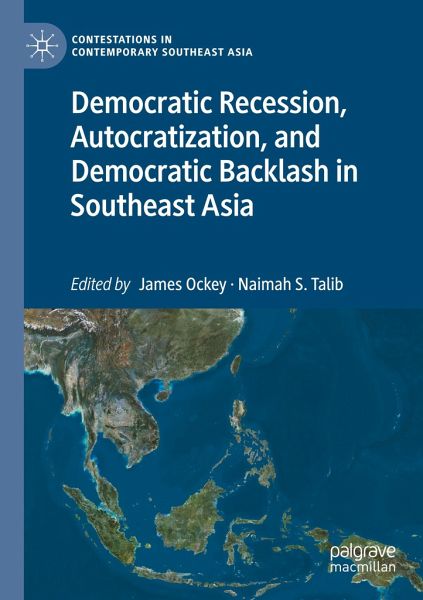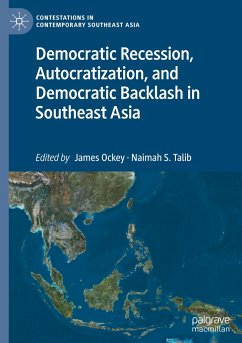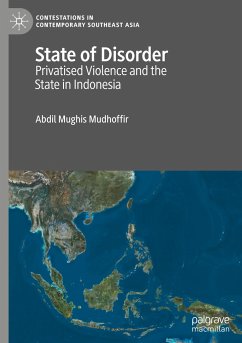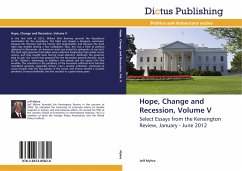
Democratic Recession, Autocratization, and Democratic Backlash in Southeast Asia
Versandkostenfrei!
Versandfertig in 6-10 Tagen
106,99 €
inkl. MwSt.

PAYBACK Punkte
53 °P sammeln!
This book presents a new organizing framework for studying democratic recession and autocratization in Southeast Asia. By introducing a new concept, "democratic backlash," the book details how democratic recession inevitably provokes resistance that often forms the nucleus of new democratic movements, and in doing so, argues that it is important to identify these reverse trends that may eventually become dominant.The book contributes to current literature which thus far has sought to understand the causes and consequences of the decline in democracy around the world. Previous literature has fo...
This book presents a new organizing framework for studying democratic recession and autocratization in Southeast Asia. By introducing a new concept, "democratic backlash," the book details how democratic recession inevitably provokes resistance that often forms the nucleus of new democratic movements, and in doing so, argues that it is important to identify these reverse trends that may eventually become dominant.
The book contributes to current literature which thus far has sought to understand the causes and consequences of the decline in democracy around the world. Previous literature has focused primarily on advanced democracies, or alternatively, on large scale quantitative comparison. As such, this book helps fill a research gap with its focus on Southeast Asia, employing a comparative case study approach.
Chapter authors are experts on Southeast Asia, a region that has experienced democratic recession and autocratization in a variety of ways, from rising populism to military coups.
The book contributes to current literature which thus far has sought to understand the causes and consequences of the decline in democracy around the world. Previous literature has focused primarily on advanced democracies, or alternatively, on large scale quantitative comparison. As such, this book helps fill a research gap with its focus on Southeast Asia, employing a comparative case study approach.
Chapter authors are experts on Southeast Asia, a region that has experienced democratic recession and autocratization in a variety of ways, from rising populism to military coups.












